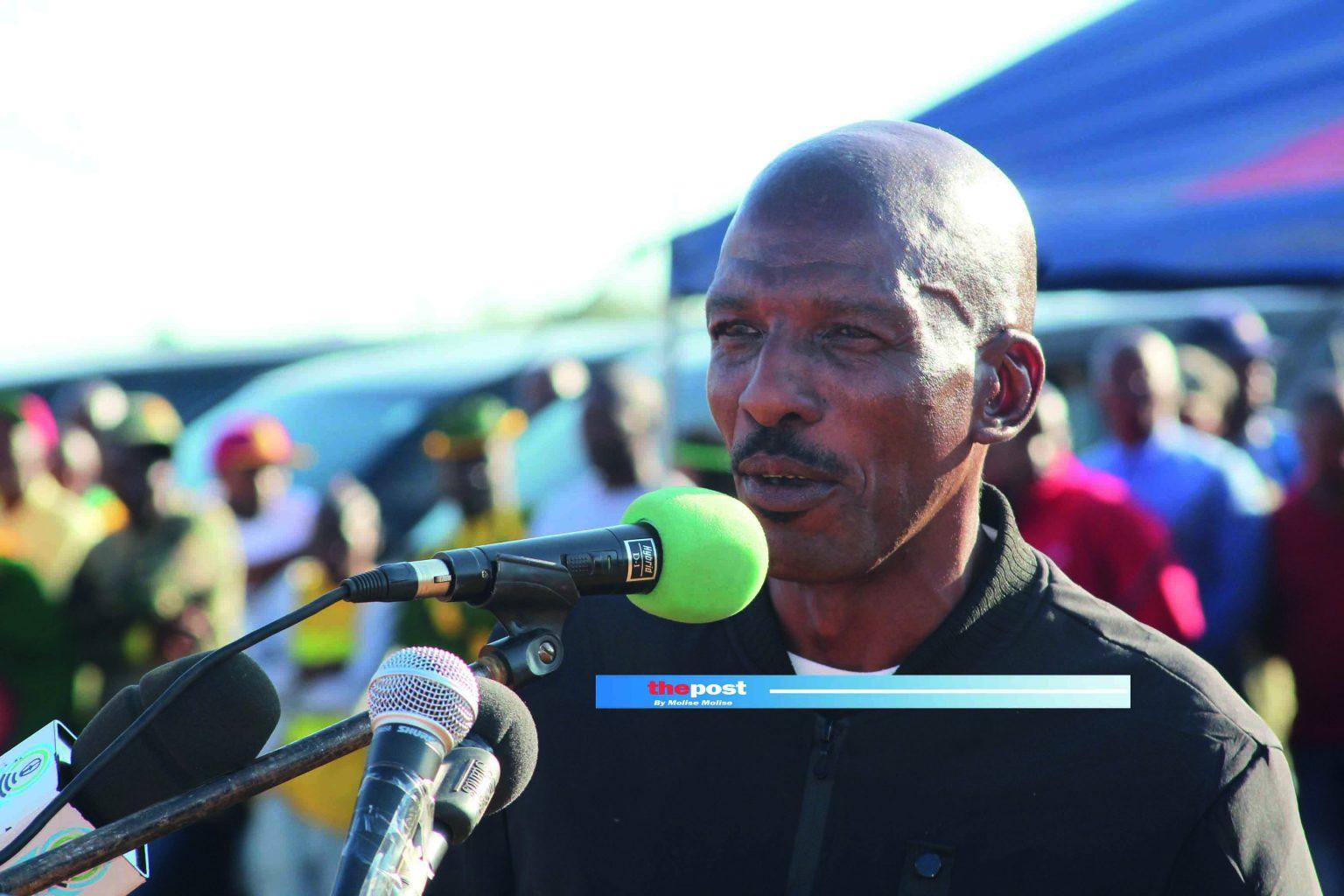Africa-Press – Lesotho. Many of the questions that were asked at the beginning of the latest of Lesotho’s never-ending reforms remain unanswered. What is more, goings-on in the reforms’ enterprise and in government strongly suggest that such questions not only remain relevant but they are also becoming urgent.
In many areas of the human endeavour, the aim is always to achieve outcomes that can be described as fair, credible, durable, and have potential to produce the greatest private and public good.
For outcomes to meet these standards, some thinking goes into who is best qualified to undertake the task, and what principles such a person, or persons, should adhere to in order to ensure best outcomes.
It is understood that if the wrong people are assigned a task and they follow wrong principles, the outcome is unlikely to be fair, durable, and credible.
At the very least, it is understood that if individuals who are unqualified are appointed to the task, the outcome cannot be trusted. As an analogy, convicted and other criminals would not qualify to write a penal code, and no-one can trust a penal code written by criminals.
Along the same lines, a Sesotho expression that has gained currency is that it would not be wise for one to go to an owner of a thokolosi to lodge a complaint against the creature and expect an impartial determination of the case.
Right from the beginning, it was questionable whether Lesotho’s politicians should be so much at the heart of processes to reform the whole, or part, of the country’s political dispensation.
One of the assumptions behind Lesotho’s reforms is that it is our political dispensation that is at fault and not the politicians. Based on evidence around us, this assumption is also questionable.
It is difficult to see how perpetrators of acts that lead to political instability are expected to lead the reform processes. It is no consolation that leaders of smaller parties have been made the face of reforms.
Their parties have been routinely rejected by the electorate. However, the reforms have put them in the limelight and given them something to do. It would make sense that they are in no hurry to see all that limelight and accompanying financial perquisites come to an end.
It is possible that if the reforms were led differently, we would not be engaged in disputes over an agreement to suspend court proceedings against politicians suspected of crimes against the state. The extent of the damage that this has caused seems to have been limited because our Constitutional Court stood its ground.
The suspension of criminal proceeding against politicians is not only a violation of Lesotho’s constitution but it also violates principles of basic human decency, a virtue unknown among politicians. Making agreements such as this part of reforms amounts to laying a bad foundation for change.
Again, obvious questions are: Would anybody facing charges be interested in seeing reforms completed, if completion of reforms might mean commencement of their prosecution? Can such individuals be trusted with reforms that are credible, productive of public good, and durable beyond such individuals’ personal interests to guarantee their safety from prosecution?
Our politicians have no seminal achievement of public benefit in the last 55 years. Their most visible achievement has been in setting their salaries and other perquisites. These are moments of their greatest unity.
Other than that, by their action and inaction, the public health system, public service, public facilities, the educational system are all in a parlous state because politicians have liberally administered their poison of party-politicisation on public institutions and processes, all in pursuit of self-interest.
If they will be completed under the politicians’ influence, ongoing reforms will fail to form a useful basis for improvement of public governance, public institutions, and delivery of high-quality health, educational, and other public services.
For More News And Analysis About Lesotho Follow Africa-Press






